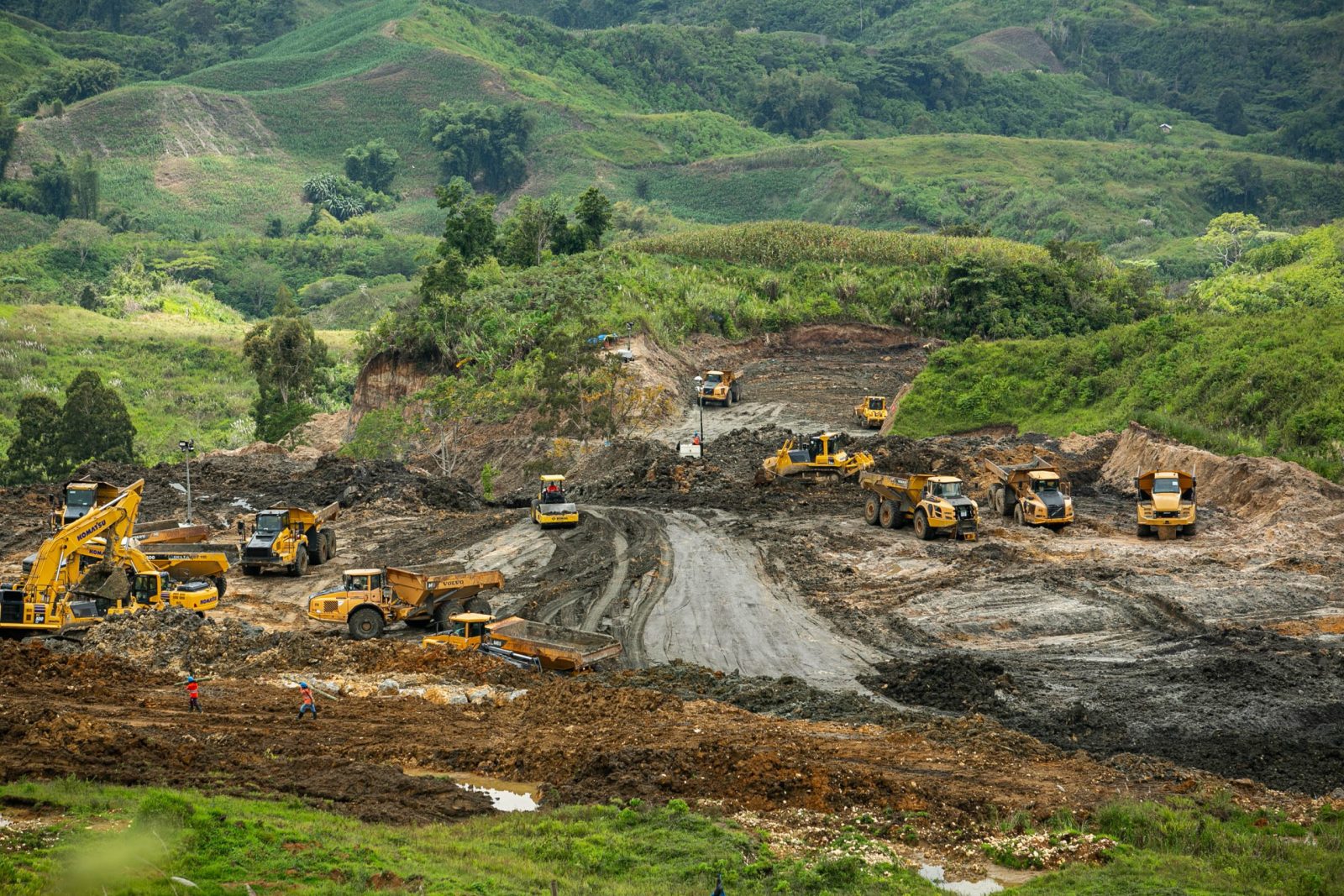Indigenous communities in the Philippines are facing an alarming surge in land and environmental conflicts, according to the 2023 State of Indigenous Peoples Address (SIPA 2023) Report.
The report, released by the Legal Rights and Natural Resources Center (LRC), unveiled a net increase of over 70,345 hectares entangled in disputes, representing a troubling 6 percent uptick from the previous year.
“Mining expansion is the main driver with an additional 223,000 hectares approved since last year,” said Leon Dulce, the Campaigns Support and Linkages Coordinator at LRC.
Dulce said the unchecked growth of conflicts poses “a severe threat to the ancestral domains of indigenous peoples, pushing them further to the fringes of society.”
The report highlighted the consequences of insufficient progress in the recognition and protection of ancestral domains.
Data from the National Commission on Indigenous Peoples (NCIP) indicates that only 33 percent of the targeted 1,531 ancestral domains and claims were issued Certificate of Ancestral Domain Titles (CADTs) and Certificate of Ancestral Land Titles (CALTs).
A mere 30 percent of the targeted 980 Ancestral Domain Sustainable Development and Protection Plans (ADSDPPs) have been assisted and accomplished.
“The Menuvu Dulangan have the right to manage their ancestral domain and be able to self-determine their energy regime,” said lawyer Ryan Roset, Senior Legal Fellow of the LRC.
The Special CAFGU Active Auxiliary (SCAA) units linked to the M&S Integrated Forest Management Agreement (IFMA) plantation in South Central Mindanao obstructed the construction of a community-based off-grid solar power facility, marking a direct violation of the indigenous community’s rights.
The LRC is calling on the national government to urgently address this crisis by expediting the issuance of CADTs to protect indigenous territories from extractive and destructive projects.
The group emphasized the critical need to enable the true exercise of the indigenous peoples’ right to self-determination.
The report underscored the importance of recognizing and supporting indigenous political structures and knowledge systems, emphasizing the necessity of preserving the rich cultural heritage intertwined with the land.
